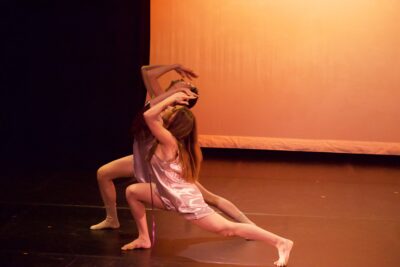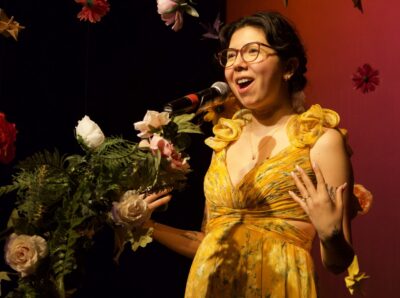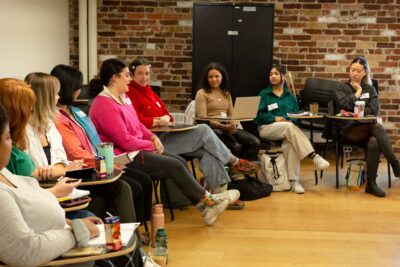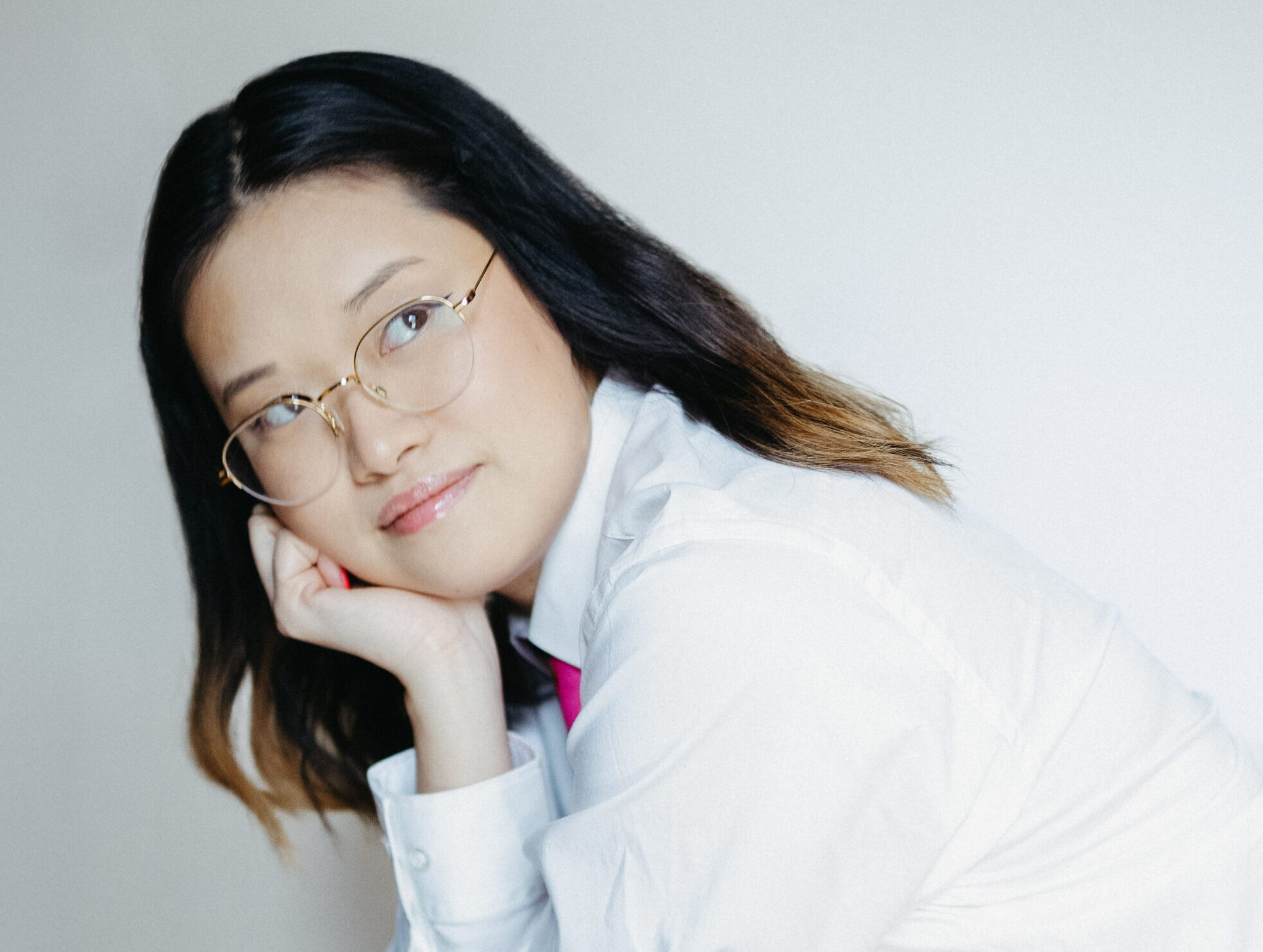In a world where arts funding is at risk and young creatives are struggling to make ends meet, Paprika Festival thrives with a new model. Choosing to prioritize quality over quantity, and the wellbeing of artists and programmers, we are witnessing a powerful shift in theatre making.
This year’s festival—which runs May 13–17 at the Native Earth Performing Arts Centre in Regent Park—features an exciting slate of performances and community events. The Paprika Festival is a 24-year-old tradition in our city. Young and emerging theatre practitioners are paid to learn and advance their skills at the beginning of their careers with programs that centre professional development, mentorship, and community-building.
So many of Toronto’s leading theatre makers got their start at Paprika. This includes Sort Of creator Bilal Baig, playwright Nam Nguyen, writer of A Perfect Bowl of Pho, and Britta Johnson, whose show Life After—originally developed at Paprika—just made its Mirvish debut. With their growing success, the festival is making a much-needed shift in programming this year. Now, Paprika will run three programs a year instead of their usual six, switching off between programs biannually in attempts to improve everyone’s experience and reduce burnout.
“We’re able to provide more thoughtful support to the artists, which hopefully will lead to a stronger experience for them and also stronger learnings,” says Amanda Lin, Artistic Producer of Paprika. “It’s really bold of Paprika to reduce programming… we can’t be flexible on how well we treat our people and our staff. It really speaks to the values of Paprika and of the board and leadership that made this decision.”

This values-based producing model is allowing all Paprika participants and staff to take a pay increase this year. This provides a sense of ease to the artists who need to earn a living, allowing them to create authentically, without pressure to meet funders’ expectations—an issue Amanda believes is at the centre of our current theatre landscape.
“Oftentimes the person that you need to please to get the money to make your art is the funder, the corporate sponsors, the donors,” Amanda says, referencing the struggle that so many artists are facing in this potential recession. She believes that Paprika is “concentrating on the art instead of the system”, making it possible for people to create without the fears surrounding institutional disapproval.
Amanda is a huge advocate for free speech and political theatre. Her name has recently been in the local independent news cycle when she spoke up against censorship in the arts in a piece published by The Grind, exposing Nightwood Theatre for dictating which type of charity their Innovators Program participants could choose to support, citing “specific rules regarding non-partisanship” that could compromise their funding. When the theatre company refused to support Anera, a charity that helps Palestinian refugees, Amanda spoke up.
“I don’t think there’s any way for your art to not be political in some sense. I think that if there’s a time where you’re thinking, ‘Oh, my work is apolitical,’ you have to take a step back and consider what that actually means,” Amanda tells me. “We need all kinds of art. But I think it’s impossible to remove that [politics] from the equation—because that’s just the world we’re making things in. There’s a lot of collective power when artists come together.”

And that’s the kind of work you will witness at Paprika this year. The kind of work that brings us together. Where community and creative courage are at the heart of the festival’s lineup — a bold mix of performances, events, and workshops designed to bring artists and audiences together.
Paprika will be hosting community-forward offerings like a neighbourhood lemonade stand, audition clinics, an alternative drag show, open mics, button making, and an iconic Paprika Prom, which closes out the festival with a snack-filled, Y2K-themed dance party.
A perfect night out at Paprika? “It’s about creating community, offering support, and connecting with the neighbourhood we’re in,” Amanda says. “And it’s fun! Like, actually fun.”

Paprika is creating something many institutions talk about but few achieve: a space where artists can lead without fear, learn without pressure, and create without compromise. And Amanda is at the heart of it—thoughtful, fierce, and deeply committed to a future where young artists are not just supported, but centered.
Paprika is an artist’s hub, a place where young people can explore their artistic identity, play with different forms of theatre, and build community. As a previous Paprika participant, I know firsthand the impact of the festival. Not only was I able to improve my playwriting skills, but I gained friends, collaborators, and the confidence to write for myself and my community.
Paprika has a kind of magic that only comes once a year. And it’s a kind of magic you don’t want to miss.
Paprika Festival runs May 13–17 at Native Earth Performing Arts Centre in Regent Park. All events are free or by donation.



 Follow Us On Instagram
Follow Us On Instagram
